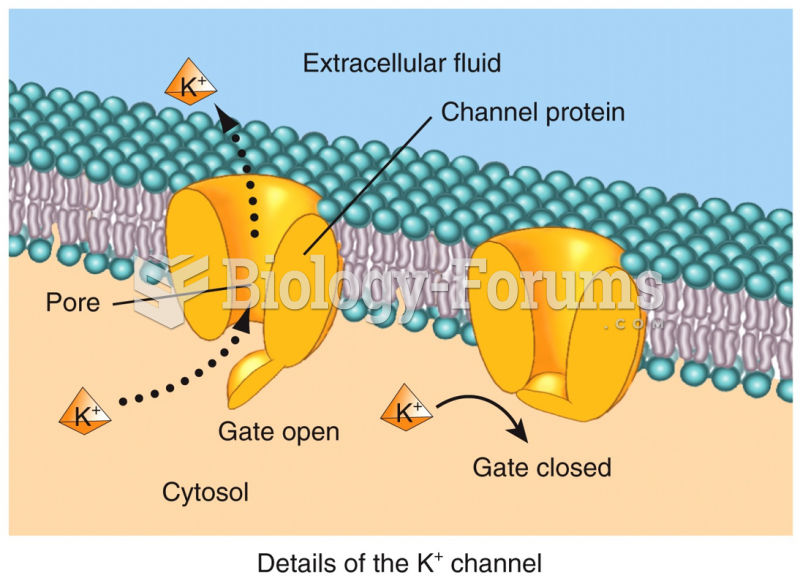Answer to Question 1
2, 3
Rationale 1: CCBs should be used with caution in clients taking medications that slow conduction through the AV node.
Rationale 2: CCBs should be used with caution in clients taking other cardiovascular medications that slow conduction through the AV node, particularly digoxin or beta-adrenergic blockers. The combined effects of these drugs can cause partial or complete AV heart block, heart failure, or dysrhythmias.
Rationale 3: CCBs should be used with caution in clients taking other cardiovascular medications that slow conduction through the AV node, particularly digoxin or beta-adrenergic blockers. The combined effects of these drugs can cause partial or complete AV heart block, heart failure, or dysrhythmias.
Rationale 4: CCBs should be used with caution in clients taking medications that slow conduction through the AV node. Diuretics reduce blood pressure by fluid excretion.
Rationale 5: CCBs should be used with caution in clients taking medications that slow conduction through the AV node. Hypolipidemics are safe.
Global Rationale: CCBs should be used with caution in clients taking other cardiovascular medications that slow conduction through the AV node, particularly digoxin or beta-adrenergic blockers. The combined effects of these drugs can cause partial or complete AV heart block, heart failure, or dysrhythmias. CCBs are safe with NSAIDs, diuretics, and hypolipidemics.
Answer to Question 2
2
Rationale 1: Antiplatelets can reduce mortality in the weeks following an acute MI.
Rationale 2: Beta blockers are used for MI, as they are for angina, to reduce the cardiac workload. Beta blockers have the ability to slow the heart rate, decrease contractility, and reduce blood pressure. These three actions reduce the cardiac oxygen demand, which is beneficial for those who experienced a recent MI. In addition, their ability to slow impulse conduction through the heart tends to suppress dysrhythmias, which can be serious and sometimes fatal complications can occur following an MI. Their use has been found to reduce mortality following an MI if given within 8 hours of the MI.
Rationale 3: ACE inhibitors are effective when therapy is started within 1 or 2 days of the onset of symptoms.
Rationale 4: Calcium channel blockers are used when beta blockers or long-acting organic nitrates are not tolerated well by the patient.
Global Rationale: Beta blockers are used for MI, as they are for angina, to reduce the cardiac workload. Beta blockers have the ability to slow the heart rate, decrease contractility, and reduce blood pressure. These three actions reduce the cardiac oxygen demand, which is beneficial for those who experienced a recent MI. In addition, their ability to slow impulse conduction through the heart tends to suppress dysrhythmias, which can be serious and sometimes fatal complications can occur following an MI. Their use has been found to reduce mortality following an MI if given within 8 hours of the MI.







